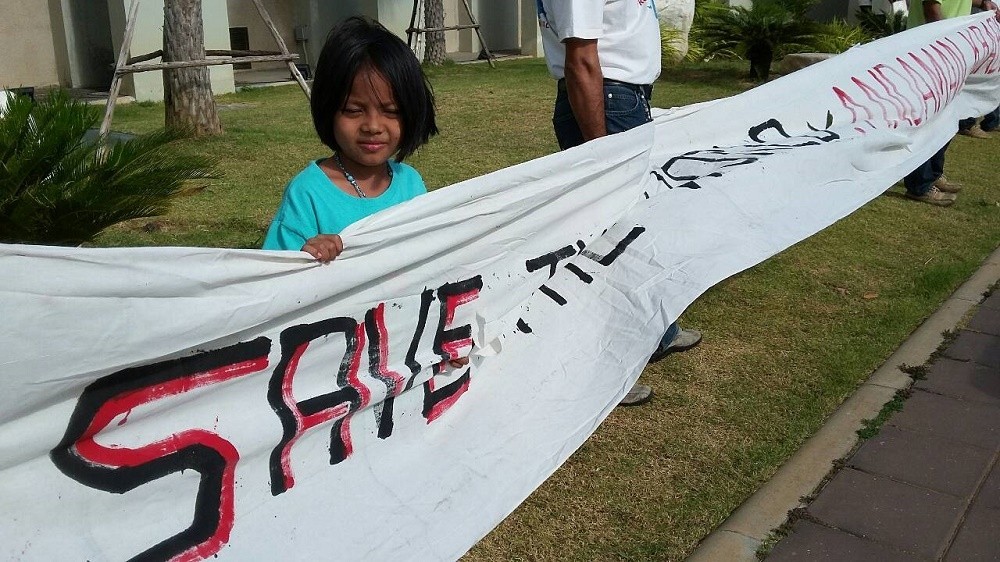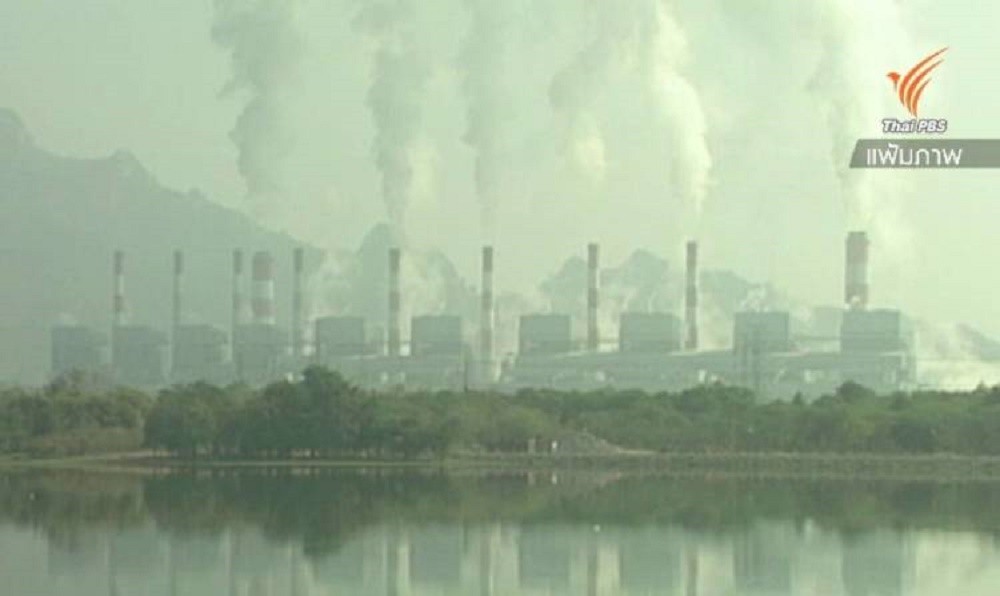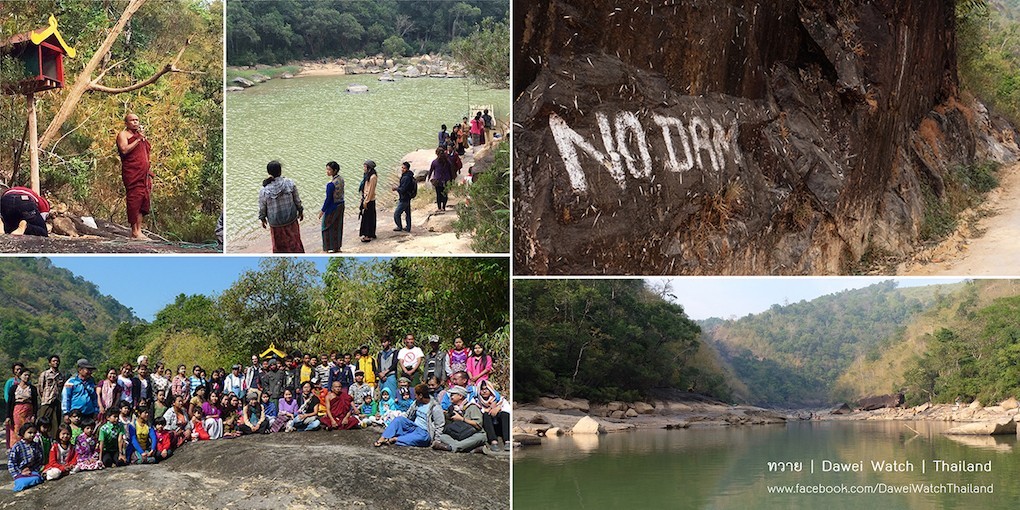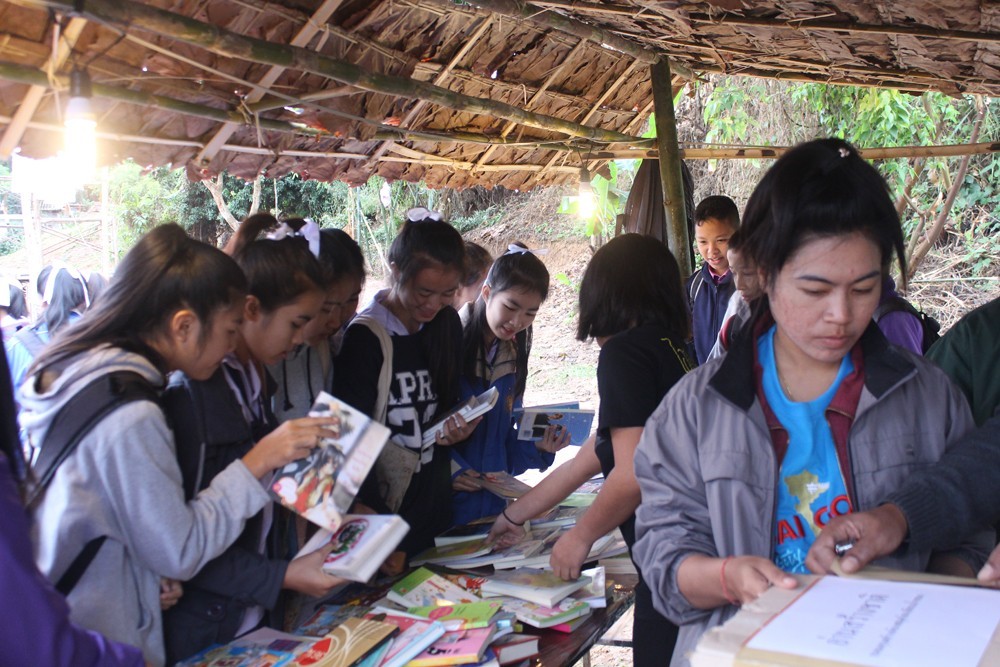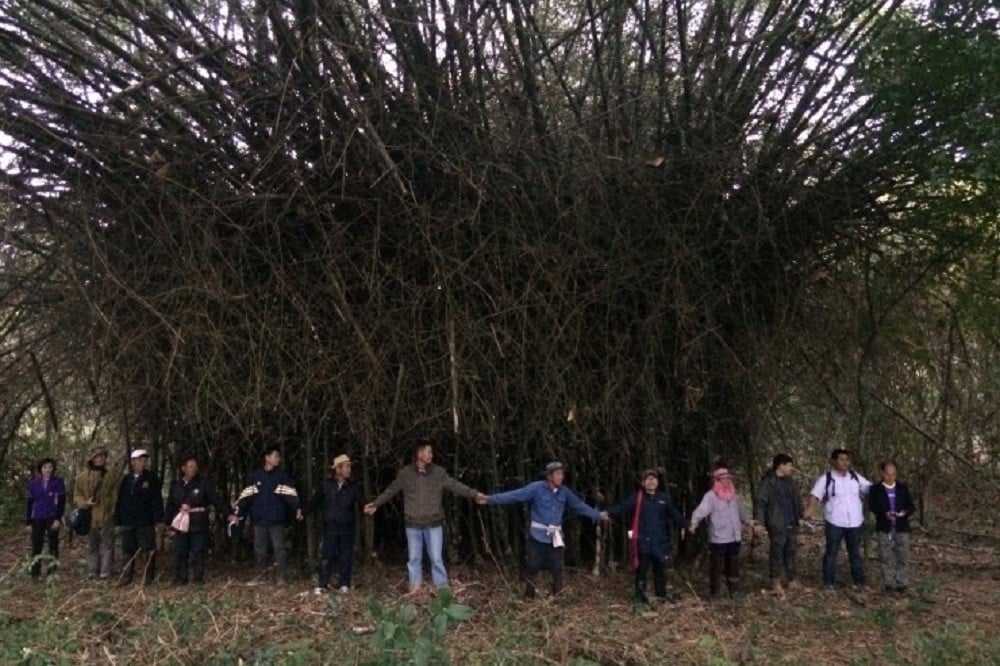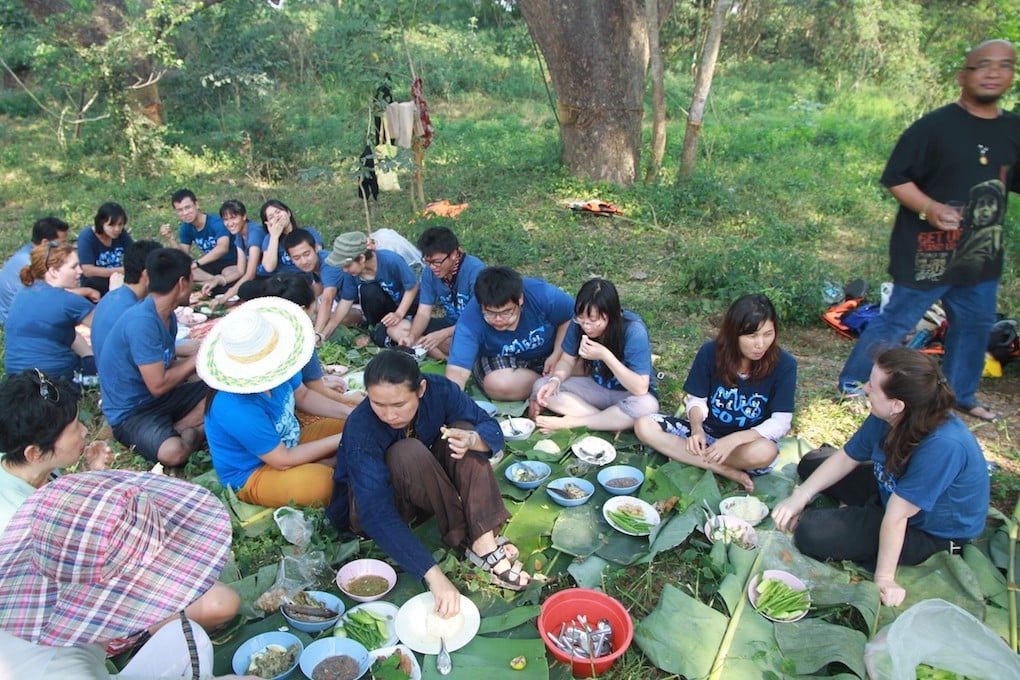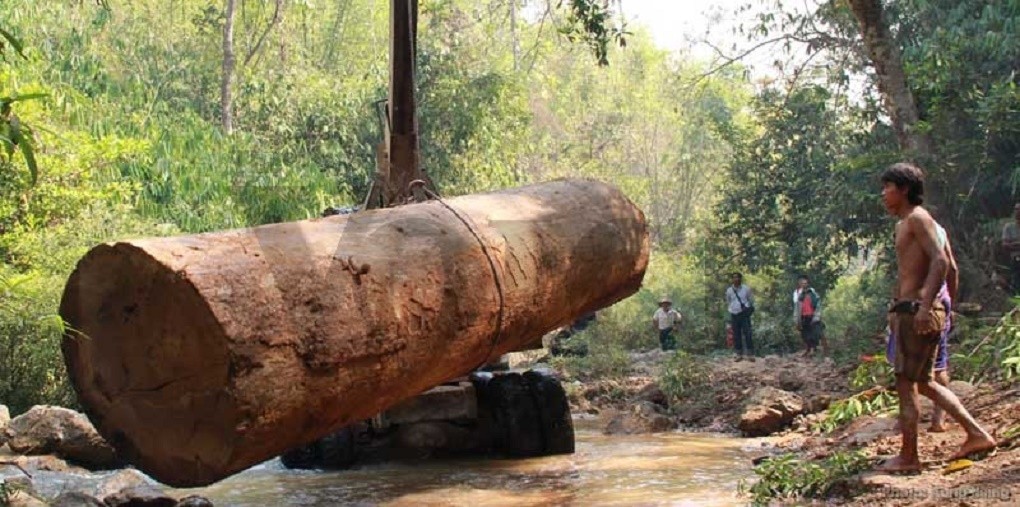A large crowd gathered together to protest the government controversial plan to build coal-fired power plant in Krabi province. The villagers welcomed the arrival of members of Thailand’s National Legislative Assembly (NLA) members and symbolic protested Krabi coal-fired power plant by standing in a row holding 50-meter-long banner “No Krabi Coal-Fired Power Plant” in front of the City Hall. Many environmentalists and locals have expressed concerns about the plan, fearing its environmental impacts, which could worsen the security situation in the already volatile Deep South.
Category: Translated Local News
Legal officers discuss environmental issues and court to punish offenders
Environmental problems have been escalating and impacting people at large, resulting in both private and public litigations. While the environmental justice process involves government sectors that could delay the trial process, making solving of environmental problems too difficult to heal.
Dawei residents vow to fight special economic zone
More than 200 representatives from Kalonehtar village in Dawei organized a spiritual ceremony last week to symbolize their ongoing protest against the mega Dawei Special Economic Zone to be built under a joint venture deal between the Thai, Maymar and Japan governments. Under the current project plan about 1,000 villagers would be resettled to pave way for a reservoir to feed the new industry complex.
“We believe that we have the right to determine our own sustainable future on our native lands,’ they declared. “We, the Kalonehtar villagers, will not move from our native place and we will not accept any project that does not respect our right to Free, Prior and Informed Consent. We do not support any part of the Dawei SEZ project.”
Section 44 to clear way for setting up new Special Economic Zones, and possible new Biomass Power Plant without EIA
General Prayut Chan-o-Cha, leader of the National Council for Peace and Order used authority under section 44 declared 2 NCPO orders on January 20. The first one is on the exception on the enforcement of city plans in some project types 1) power plant 2) power plant gas that do not use natural gas for delivery or disposal 3) factory that improve overall quality of products ( sewage treatment plant/incinerator) 4) factory for sorting and landfill 5) factory for recycling. Another NCPO order was to exclude the application of the city planning and building control laws in the area of special economic development zone. This also includes various local ordinances which are the limitations of the ban on construction, modification, decommissioning, moving and using, or changing the use of buildings.
Opening of Mekong River School: passing on knowledge on ecology, culture & environment to next generations
Last week, the group of Thai Society of Environmental Journalist and Thai Journalist Association together with 15 news outlets went to Chiang Kong district in Chiangrai province to follow up on the progress of the establishment of the second phase of Special Economic Zone, and the impact on the surrounded communities. They also attended the opening of Mekong School, which is situated on Mekong River bank in Chiang Kong River. Mekong School is set up under the philosophy “Respect for nature and Faith in humanity justice” by villagers and different stakeholders to provide learning space Mekong ecology, culture and environment of Mekong River. Under “Field of Learning” concept, Mekong School provides knowledge on Mekong River history, local cultures and academic researches on Mekong. The school also plans to set up Mekong Library for database and research purposes.
Is SEZ on Boon Reung forest; destroying Chiang Khong and Mae Kong River?
There is high possibility that the Special Economic Zone will take away more than 1,190 acres of Boon Rueng forest from the community. There is also equally possibility that the Mekong River ecosystem will be destroyed if Boon Rueng forest transform into Special Economic Zone according to Thailand’s Prime Minister Gen. Prayuth Chan-ocha’s vision. The abundant Boon Rueng forest in this wetlands is currently being nominated for SEZ consideration by Joint Public Private Committee, Office of the Permanent Secretary of Interior. If approve, half of the forest will be replaced with factories. According to the survey, there are more than 60 species of plants and 211 species of animal, especially endangered species such as Fishing Cat in Boon Rueng forest. Obviously, Boon Rueng forest is not ‘degraded forest’ as it was claimed.
Locals from Kyauk Phyu SEZ criticize the Chinese Investors
On 30th December, the government of Myanmar announced that the CITIC Consortium, which comprises of 6 Chinese companies, wins the bid to develop Kyauk Phyu SEZ. Mr. Win Shein, the MP from Kyauk Phyu said, the last minute agreement before the current government hand over the power to the new NLD-led government, could involve fraud and corruption between the government and Chinese investors. The bid for the SEZ takes 24 months, 16 companies have compete for the bid, but the government approve CITIC in rush. CITIC Consortium states it will invest about 9 bn US$ for the Kyauk Phyu SEZ project, which covers 4200 acre of lands.
Villagers from Bamnetnarong district visited 5 ASEAN Embassies , protesting coal-fired power plant
More than 30 representatives from Bamnetnarong District in Chaiyapoom province submitted a letter to ASEAN diplomatic representative, protesting the coal-fired power plant for Potash mining project. The content of the letter stated that ASEAN Potash Mining Company Limited (Public) is pushing the construction plan of coal power plants for use in the mining operation, informing the villagers that Thailand shortage of energy. And the villagers against the use of coal for electricity generation.
Kaeng Sua Ten dam project: three decades of heroic community struggle
After 30 years, community-led anti-Kaeng Sua Ten dam movement is still hailed as a watershed of Thailand’s environmental conservation. Villagers have not only argued for their rights to protect livelihood and natural resources, but also articulate socio-economic losses if the project is to be built. The dam, proposed by the Royal Irrigation Department, would inundate many villages and Thailand’s last teak forest ecosystem in the Mae Yom National Park in northern Thailand. Environmental economic studies find that environmental opportunity losses will be greater than gains from flood control and irrigation as promised by the project.
What could we expect from the newly elected government (in environmental sector)?
The Voice The legislation in the environmental sector is so weak under the current government. And especially in implementation and monitoring processes. And the by-laws and procedures are still so slow in legal process”, said Mr. Soe Thura Tun from the Myanmar Environmental Institute. “The investors do not follow the laws and regulations, but we […]


